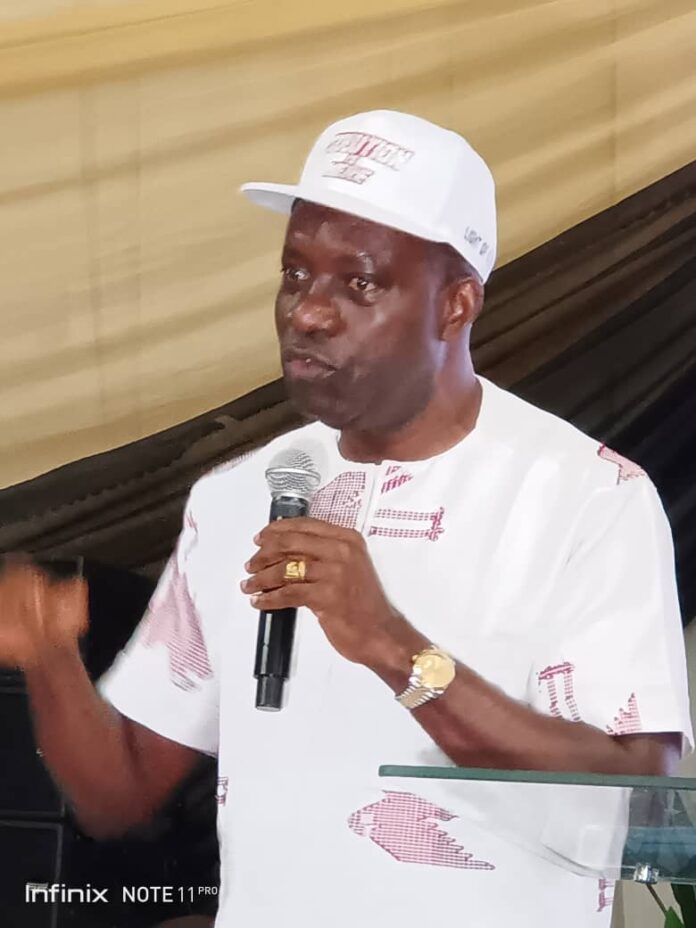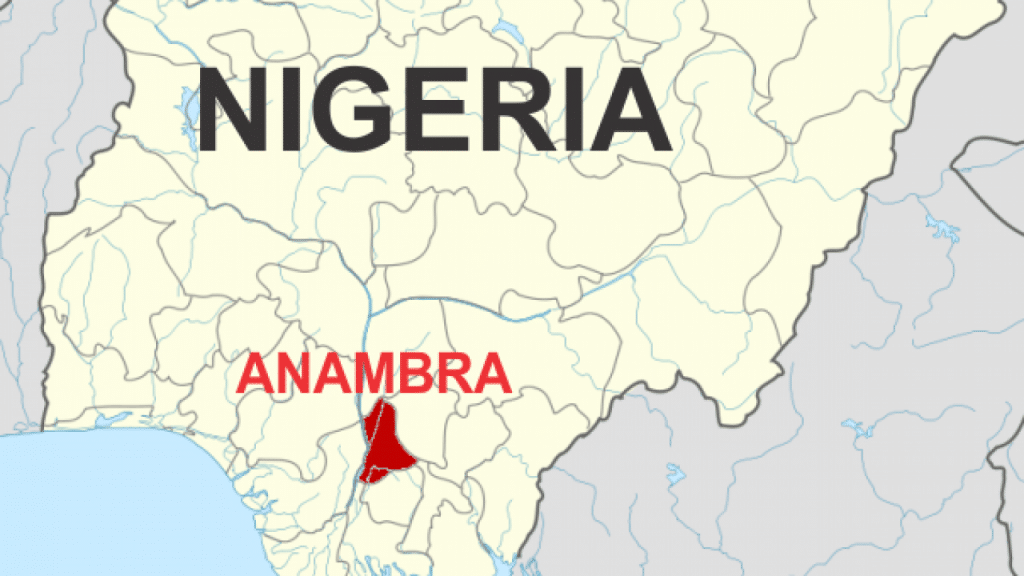“Is it the best leadership or management practice, to publicly threaten a subordinate with a sack? “ —Ebuka Onyekwelu
Last weekend, the governor of Anambra State, Prof. Chukwuma Soludo was on the news again during an inspection of an ongoing road project in Okpoko, along Relief Market at Ogbaru Local Government Area. With him during the inspection was the Transition Chairman of Ogbaru local government, Pascal Aniegbunam, Commissioner for Works, Engr: Ifeanyi Okoma, and many other government functionaries.
Soon after the visit, a video of the governor charging at the Transition Chairman of Ogbaru local government emerged. In the video, the governor threatened that he would sack the Transition Chairman if by his visit a certain fence blocking a walkway had not been shifted to make room for the walkway. As shocking as this is in the circle of modern governance conversation, the first puzzle is whether those who take this kind of video and release the same to the public are working for the governor or against him. Why this is a puzzle is that it is difficult to see how such a damaging video could have made it to the public. Worst still, this is only one out of many other public outbursts by the governor in recent times and it ought to be a source of worry to both the governor’s critics and admirers.
First of all, Pascal Aniegbunam is an appointed Transition Chairman, with nearly no executive powers to implement anything. He is just a figurehead and acts exclusively with directives from Awka where he derived his ceremonial headship of Ogbaru local council. If this government had conducted a local government election as earlier promised by the governor, it would have been a different story because the Ogbaru local government chairman would derive his powers from the people and enjoy the full executive powers of a local government chairman as prescribed by our laws. But that is not the case, so the governor can sack the Transition Chairman at will. Even more worrisome is the fact that when subjected to further interrogation, the governor’s comment that he would sack the Chairman is far weightier than it would ordinarily appear. Is it the best leadership or management practice, to publicly threaten a subordinate with a sack? At best, such a threat can be regarded as work place aggression or simply bullying. It is doubly destructive. According to Harvard Business Review report on leadership competencies around the world, “Managing through fear generates stress, which impairs higher brain function.” Such threats therefore rob the employer of the employee’s best input. The fact remains that no man can function optimally under threat of any kind and no man can function well when he has been stripped of his self confidence.
Yet, more disturbing is the precise reality that the Ogbaru Transition Chairman is actually innocent and in no position to answer the questions the governor was asking and the governor is fully aware of this or at least ought to be aware of this. As earlier said, every Transition Chairman gets directive from Awka and they are not in any position to question or disallow any approval from Awka because of the general understanding that such approvals are from the governor directly or indirectly. It is indeed funny that anyone would expect a Transition Chairman to exercise executive powers he doesn’t even have. The governor ought to have directed his query to the Ministry of Works, Town Planning Board, and relevant appointees of the government like the Special Adviser on Market, among many others. But when the governor left all those offices and their heads to focus on an innocent Transition Chairman, then, the governor might just be looking for a scapegoat, as it does appear in many other instances of his outbursts in recent times.
The governor during the public embarrassment of the Ogbaru Transition Chairman also demanded to know who approved the fence so that he would sack the person. This was when the Transition Chairman made efforts to defend himself by reminding the governor that the construction was already on before he resumed office and that the approval for the construction came from Awka. Again, casual observers given to populist innuendos might be carried away and begin to think that some Awka “big people” are about to get into trouble. But that is never the case and this is why. That construction must have passed through the governor’s aides on the market, the State Town Planning Board, and the Ministry of Works. The governor’s demand from the Transition Chairman to give him a name is unreal because the governor knows where and how to get the names of all those who had approved of the fence construction. What this means is that no one is going to be sacked, as that was at best, a spur-of-the-moment with no substance.
Finally, governor Soludo after his initial eruption, merely demanded that the fence be demolished and shifted further inside by at least one foot, to enable a walkway at that spot, just behind the fence. Closing the open drainage with slabs might even give the same result. So, after all, the fence wasn’t a totally bad idea and this speaks volumes. There is hardly any possible defense for such public mistreatment of the Transition Chairman of Ogbaru, by the governor. Such needless public rebuke has a far-reaching consequence on him as a leader in his own right and his followers, while those that should rather be in the line of the governor’s anger were all conveniently ignored. The worst part is that the governor’s anger was misplaced as what was needed was to shift the fence to create space for a walkway. This simple correction doesn’t require such public outbursts and so suggests that the governor is under intense pressure, overwhelmed, or aggressive.






